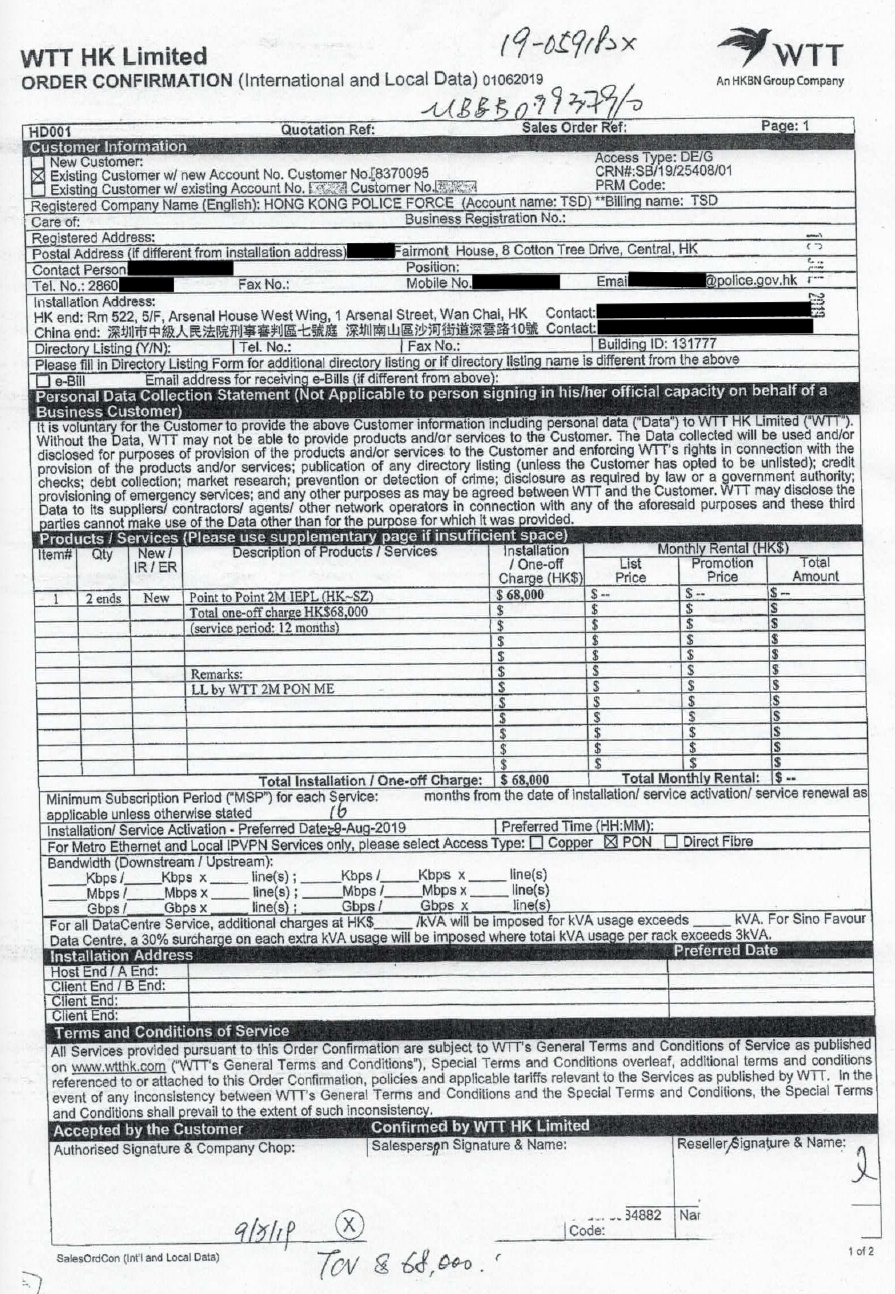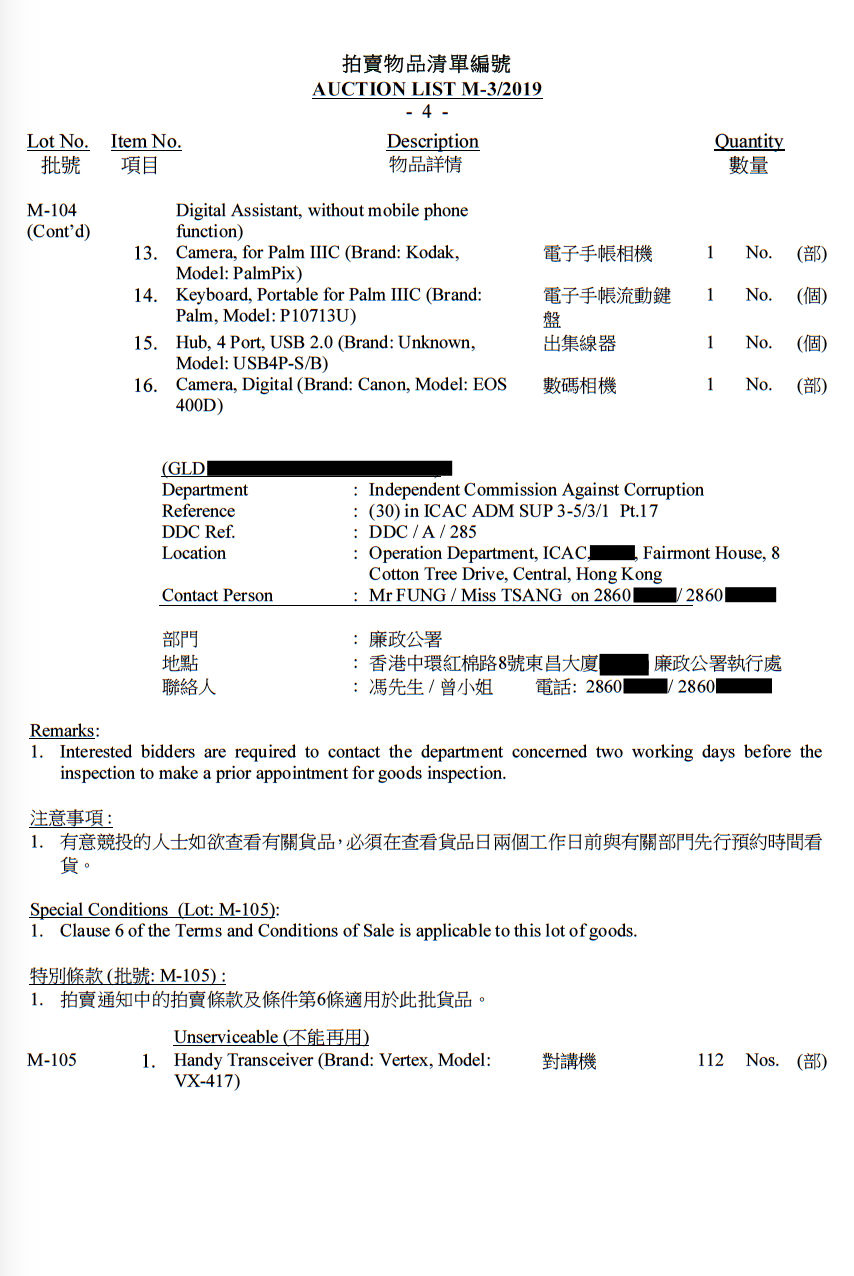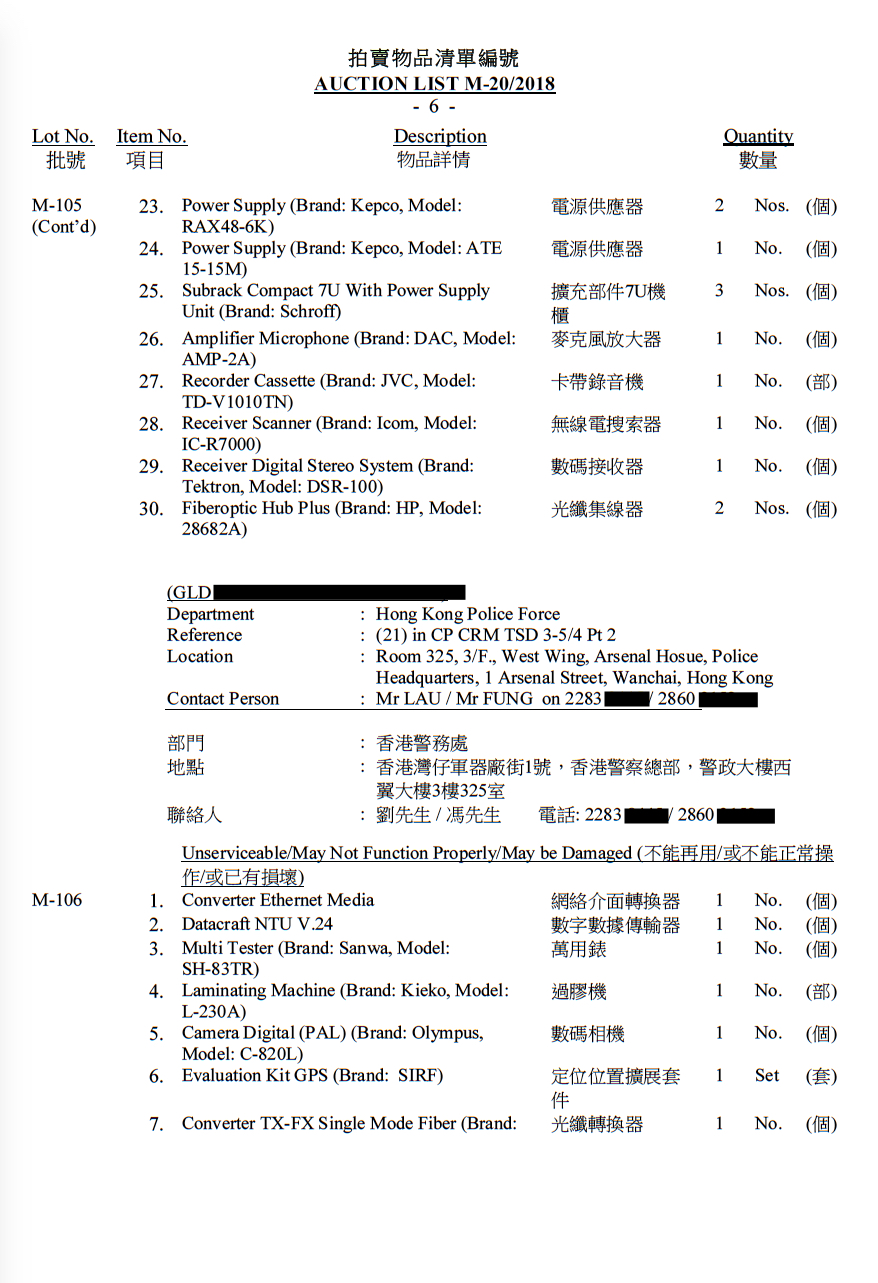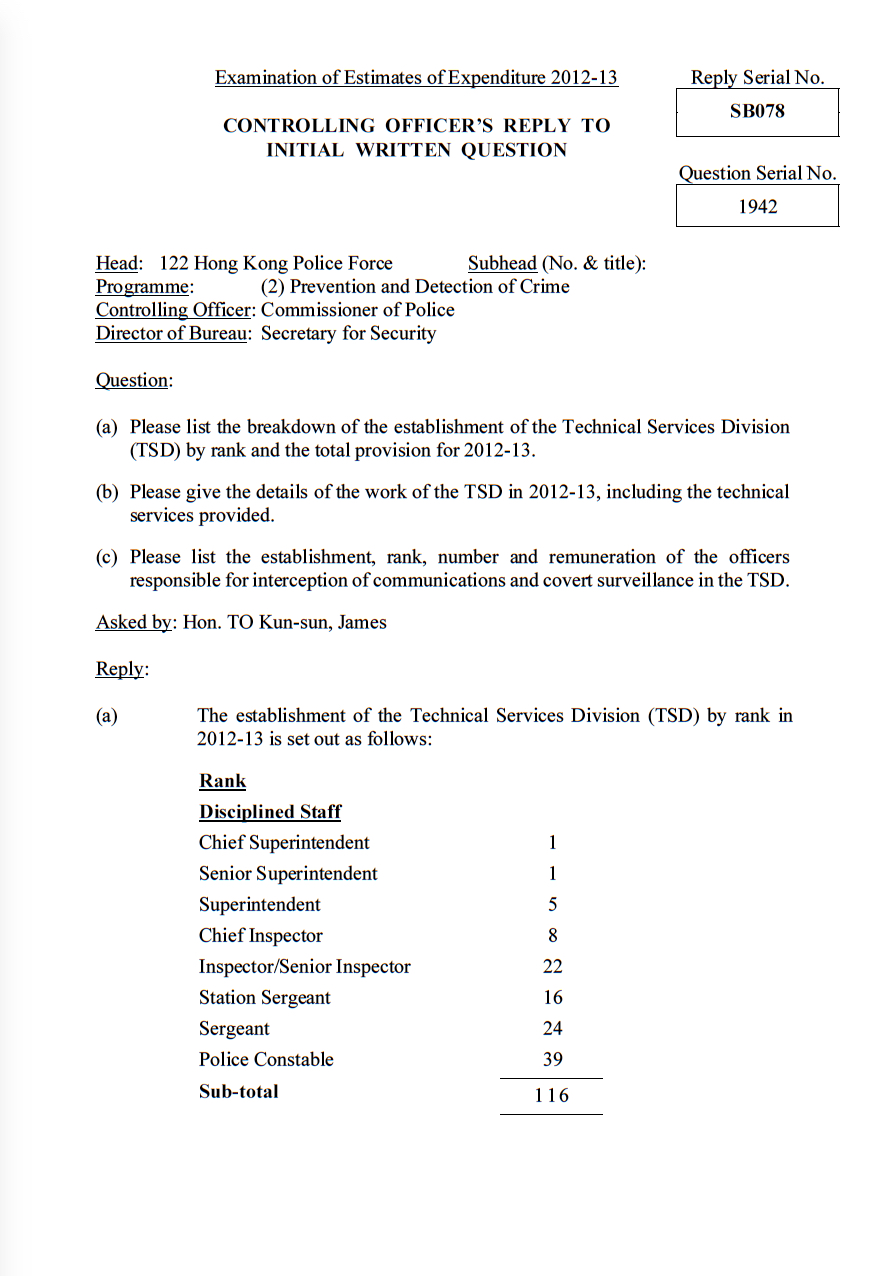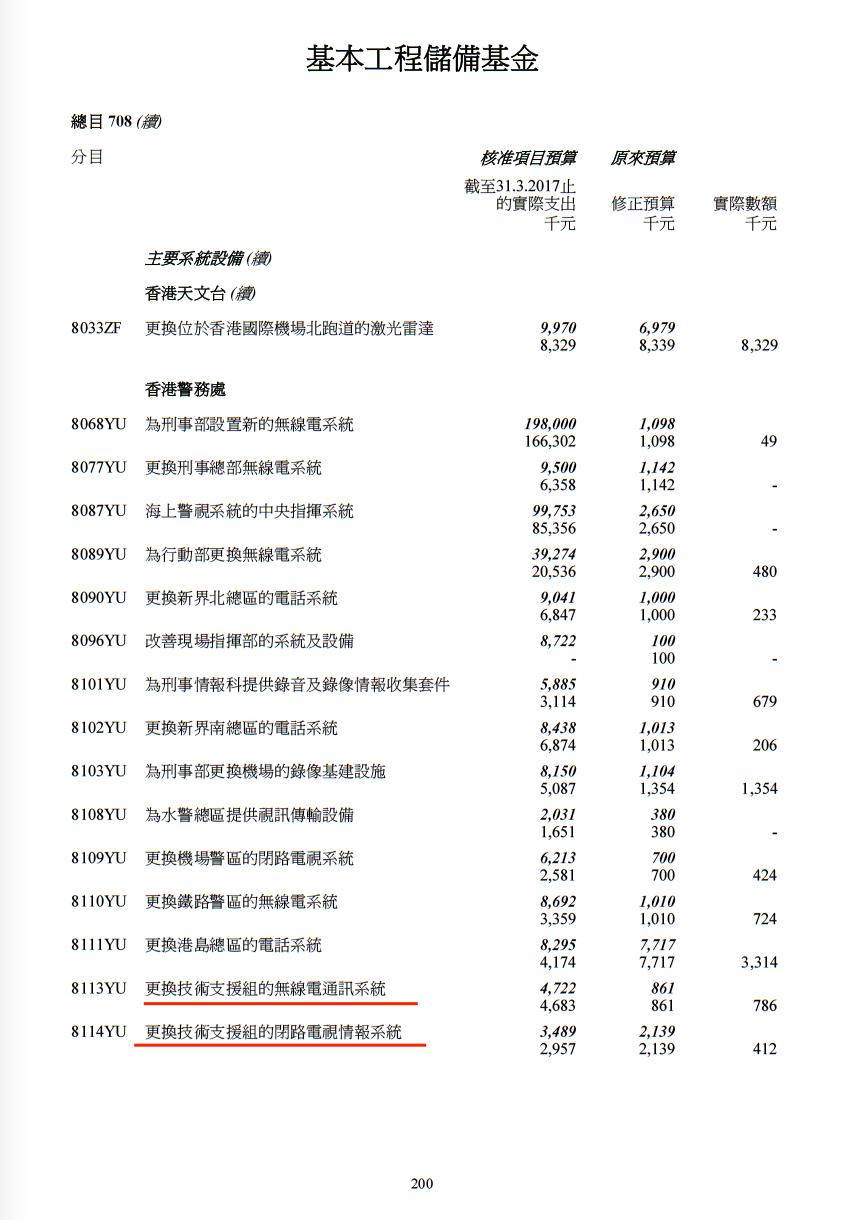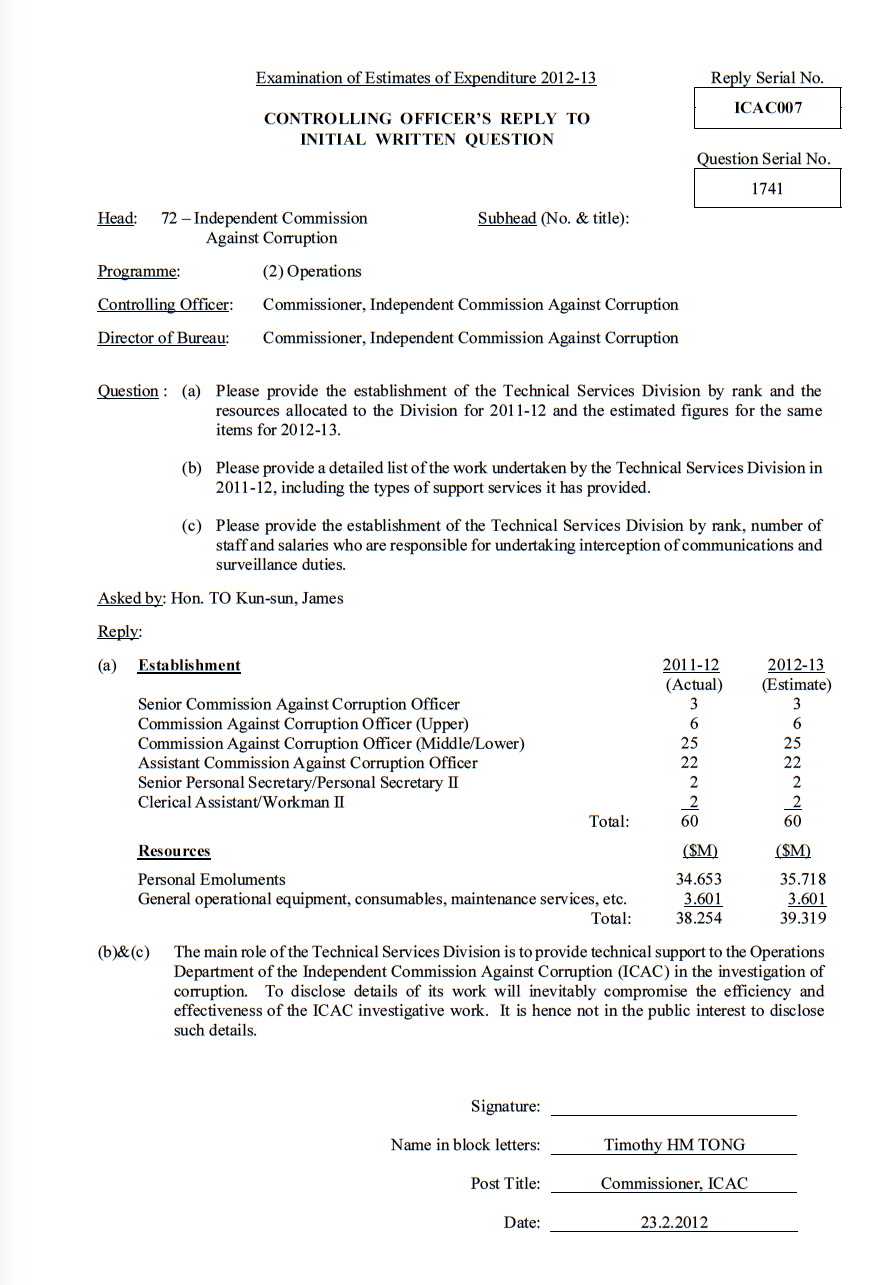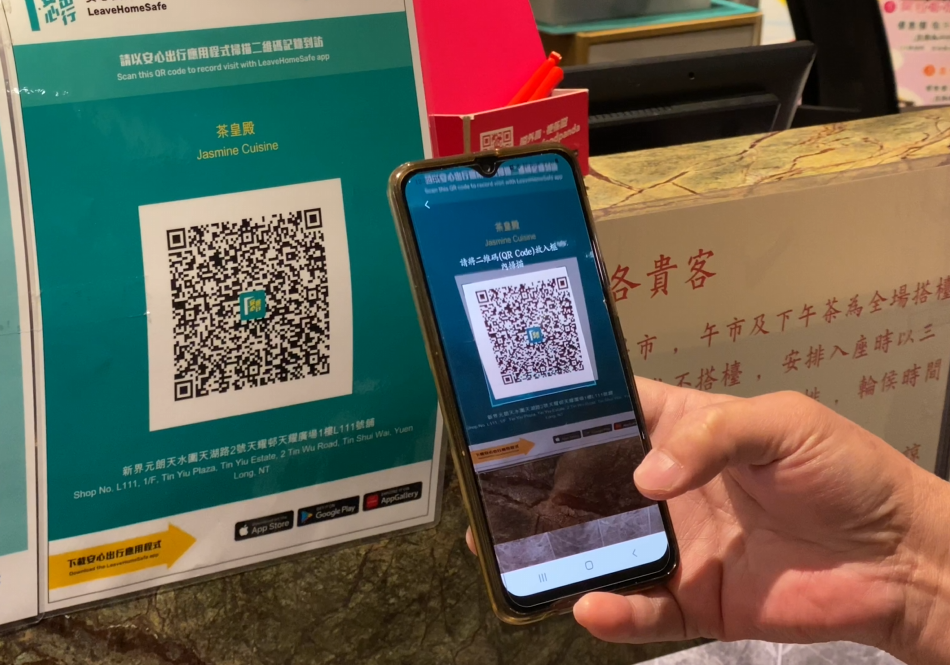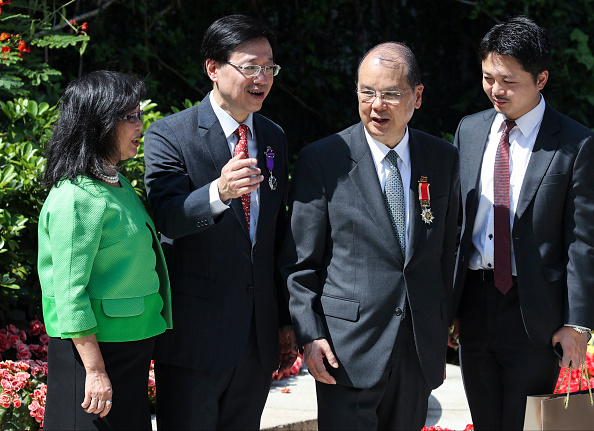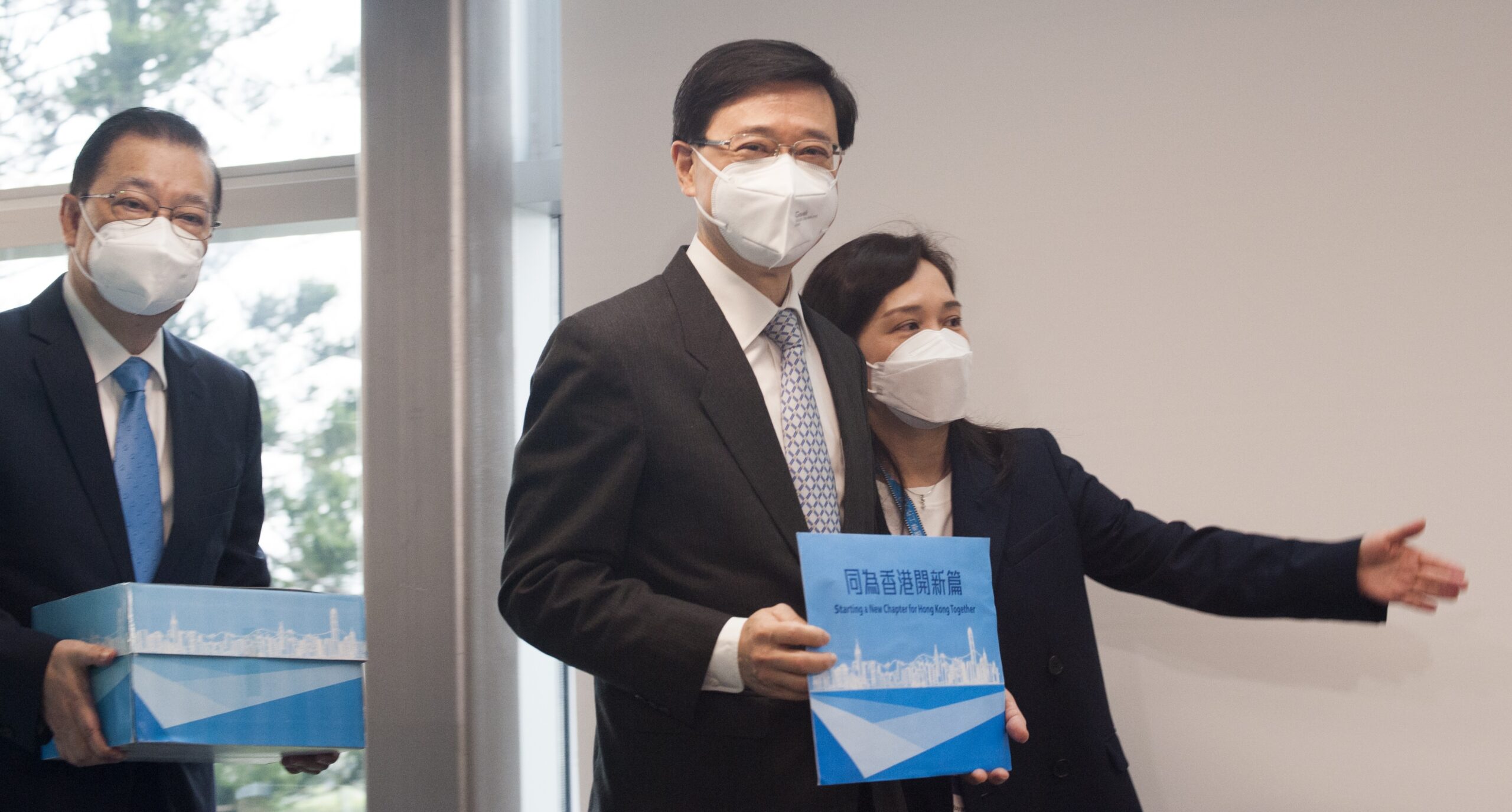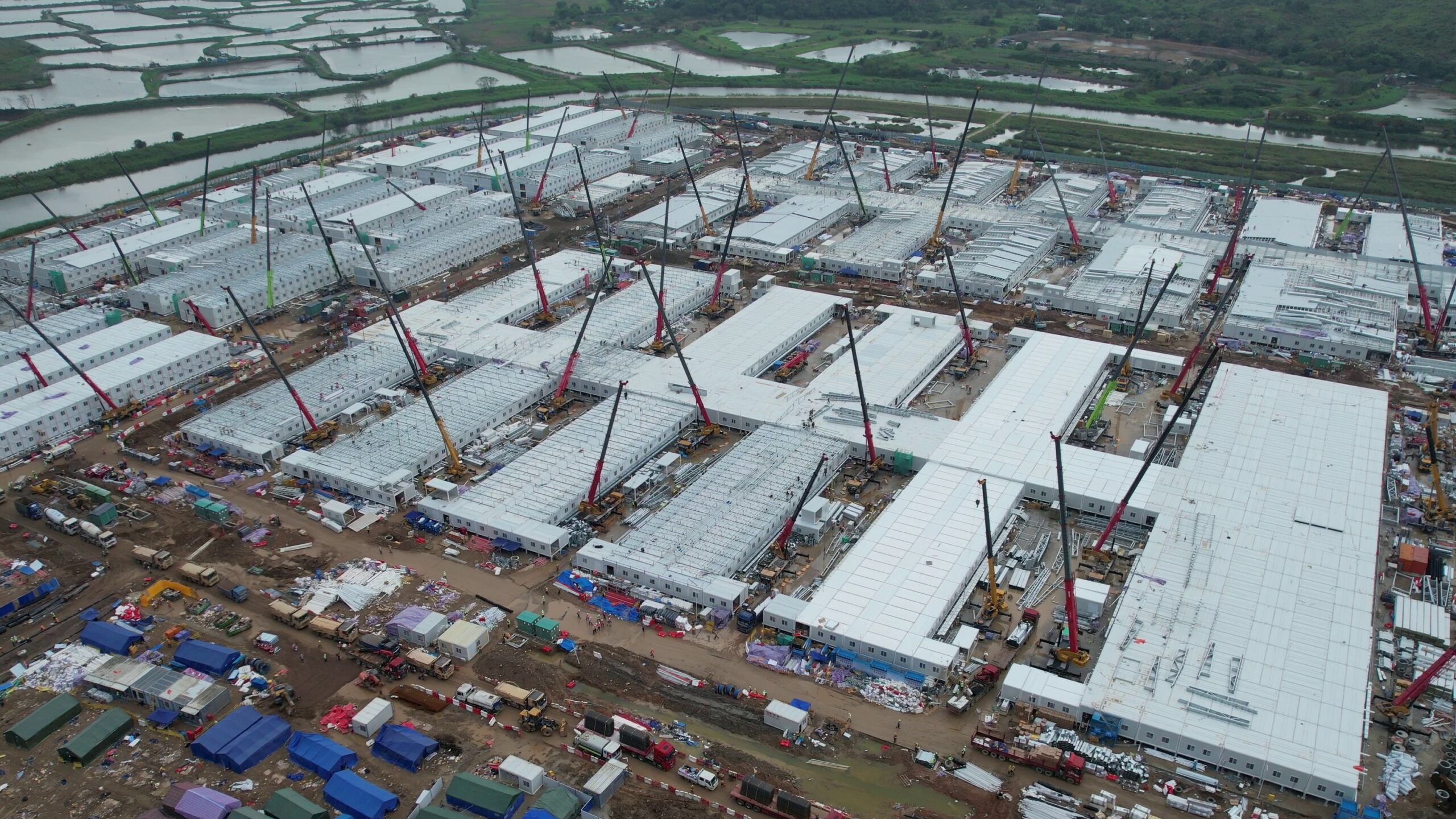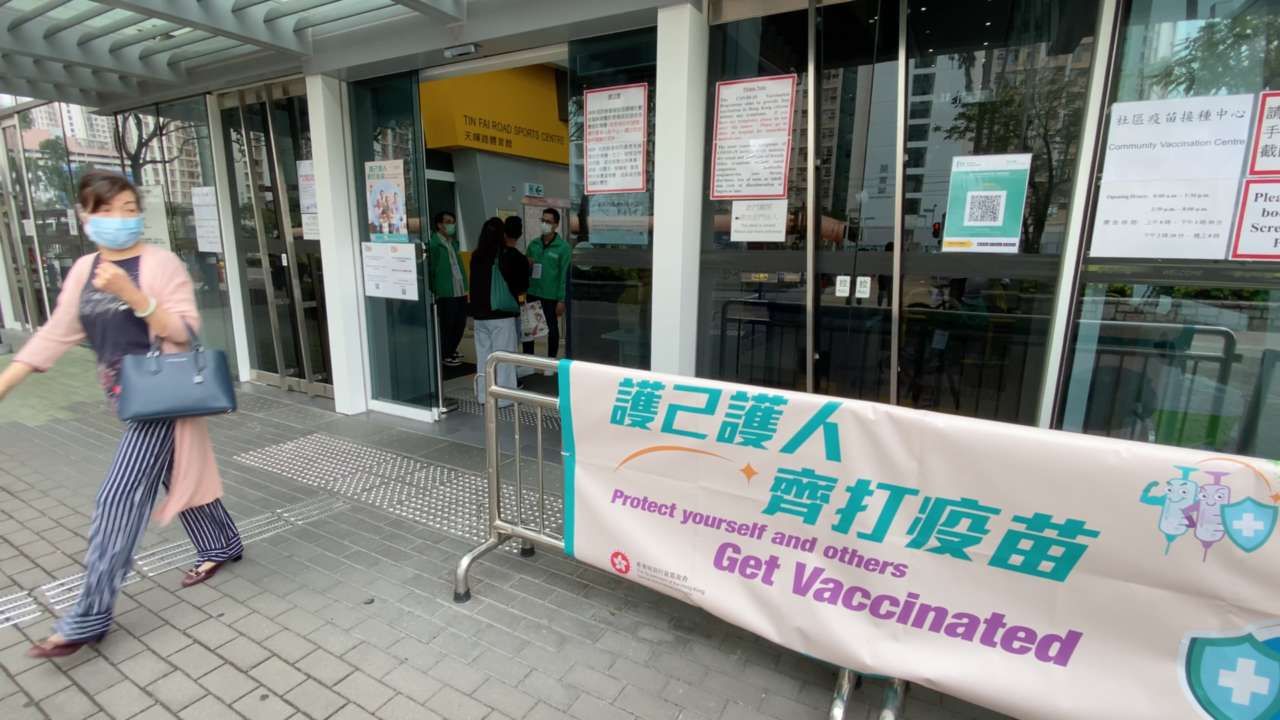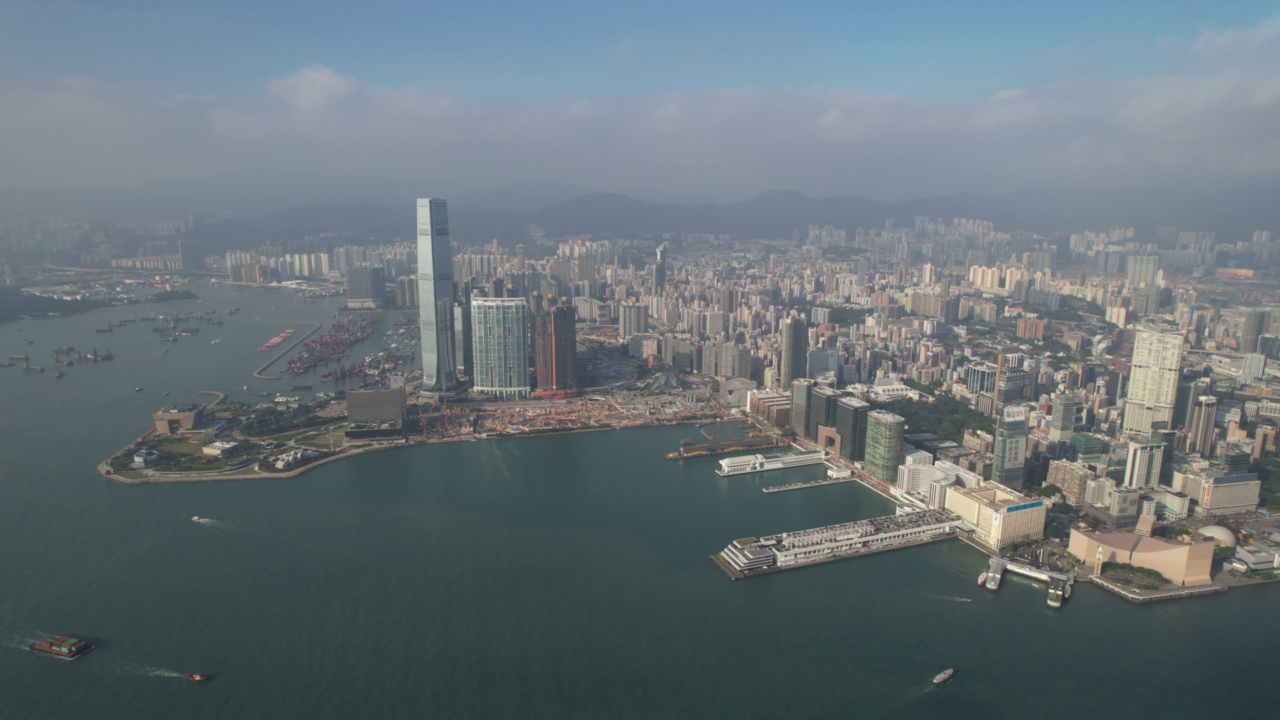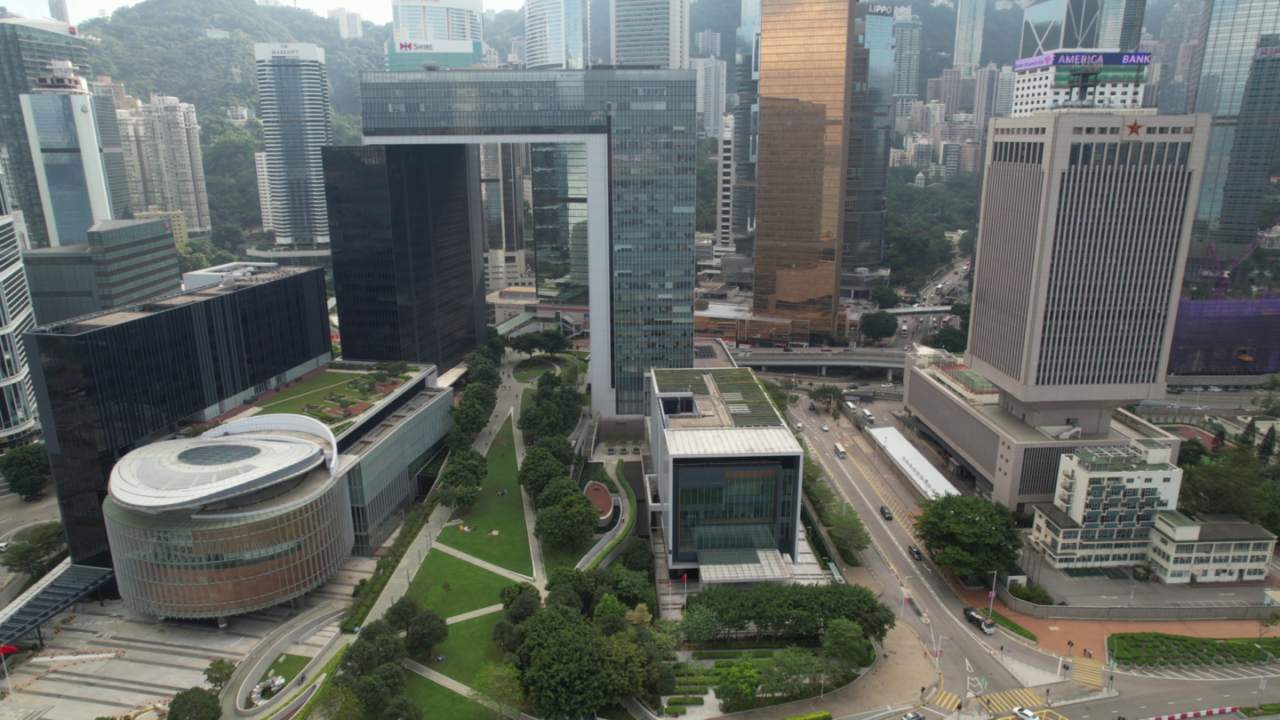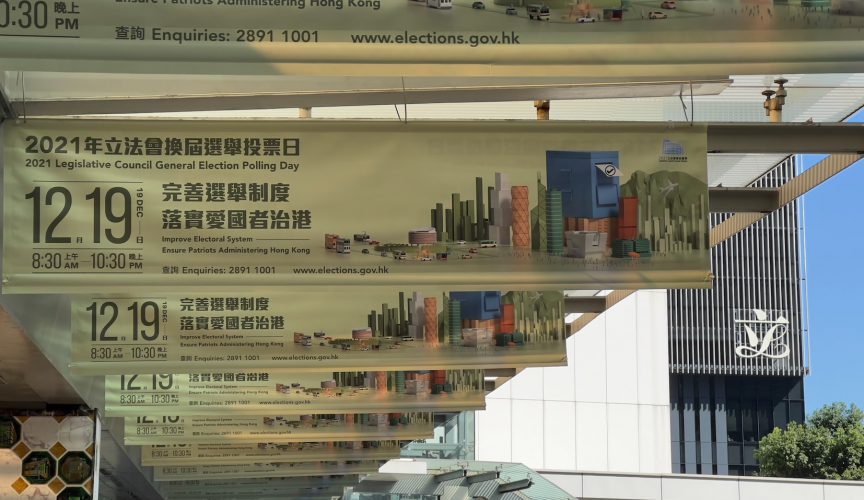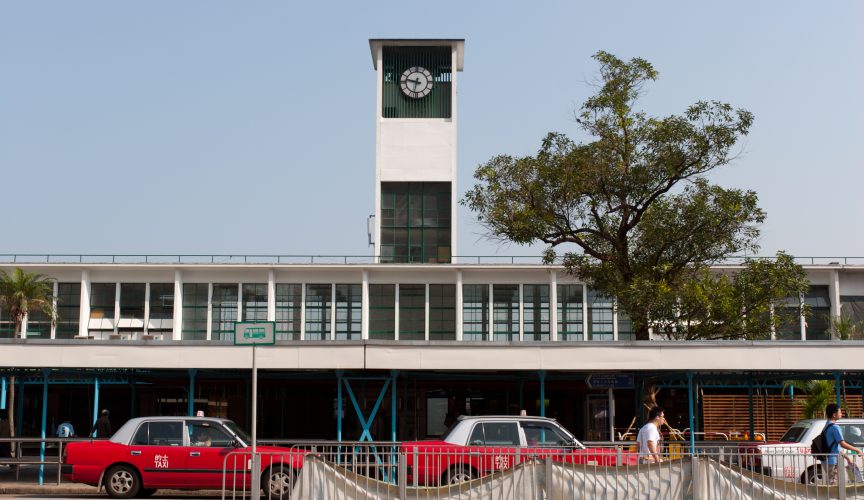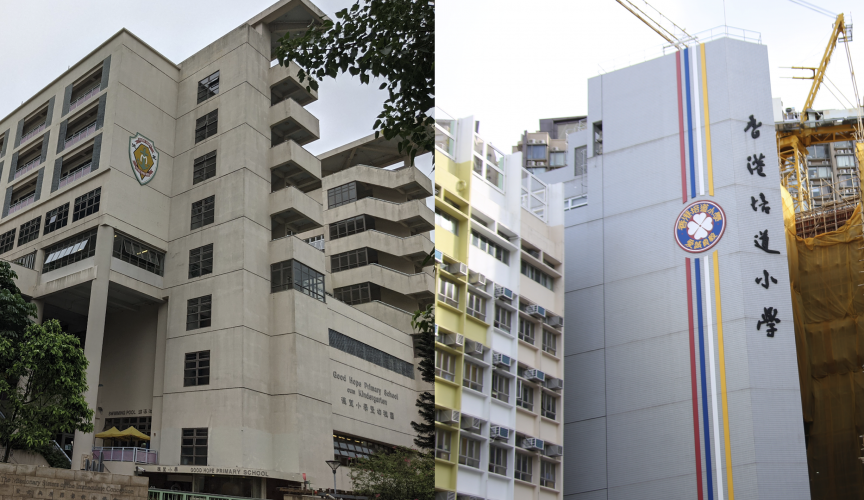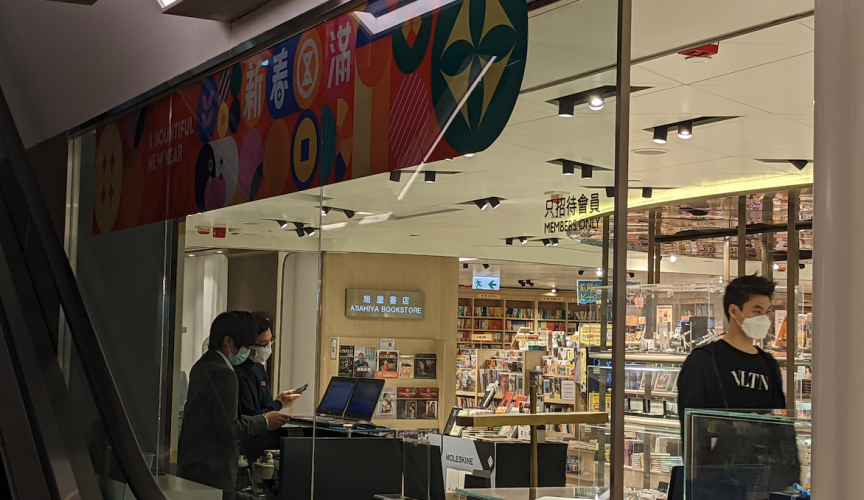An internal police division has installed a private line that connects the Wan Chai Police Headquarters in Hong Kong to a court in Shenzhen, China this August, lasting for a year, internal documents obtained by FactWire shows.
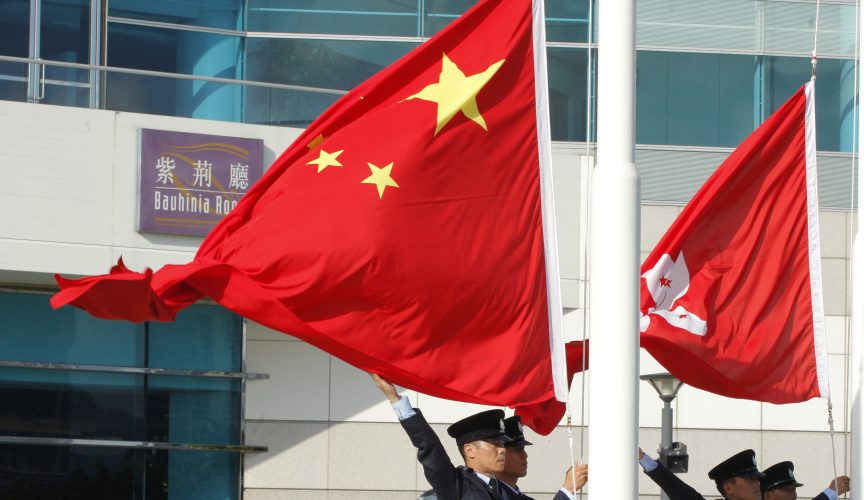
An internal police division has installed a private line that connects the Wan Chai Police Headquarters in Hong Kong to a court in Shenzhen, China this August, lasting for a year, internal documents obtained by FactWire shows.
While the police said that the private line was temporarily installed for an arrested person based in China to remotely provide evidence on a drug trafficking case in Hong Kong, the Hong Kong court for trial is equipped with video conferencing facilities.
The internal unit, known as the Technical Services Division (TSD), consists of both officials from the Hong Kong Police Force and the Independent Commission Against Corruption (ICAC), according to Hong Kong legislator James To Kun-sun of the Democratic Party. It had already been established before the handover of Hong Kong in 1997.
FactWire obtained documents, including a service request form, sales order form and order confirmation issued by WTT HK Limited, one of the largest fixed line telecommunication operators in Hong Kong.
Dated on July 12, the WTT HK Limited documents show that the Hong Kong Police filed an application for an International Ethernet Private Line (IEPL) for their office on Arsenal Street in Wan Chai, to connect with a criminal division of an intermediate people’s court in Shenzhen.
It is the first time the Hong Kong police applied for similar services at WTT HK Limited. The private line was scheduled to be in use at 9 am on August 16. It is a “Gigabyte Passive Optical Network” that runs from point to point, hides activities from regular network users and is more immune to message interception. The year-long contract is paid month-by-month with an installation service fee of $68,000.
The private line was installed at room 522 of the Crime Wing Headquarters of Arsenal House West Wing building. The “Technical Services Division” of the police force appeared as “TSD” on the documents.
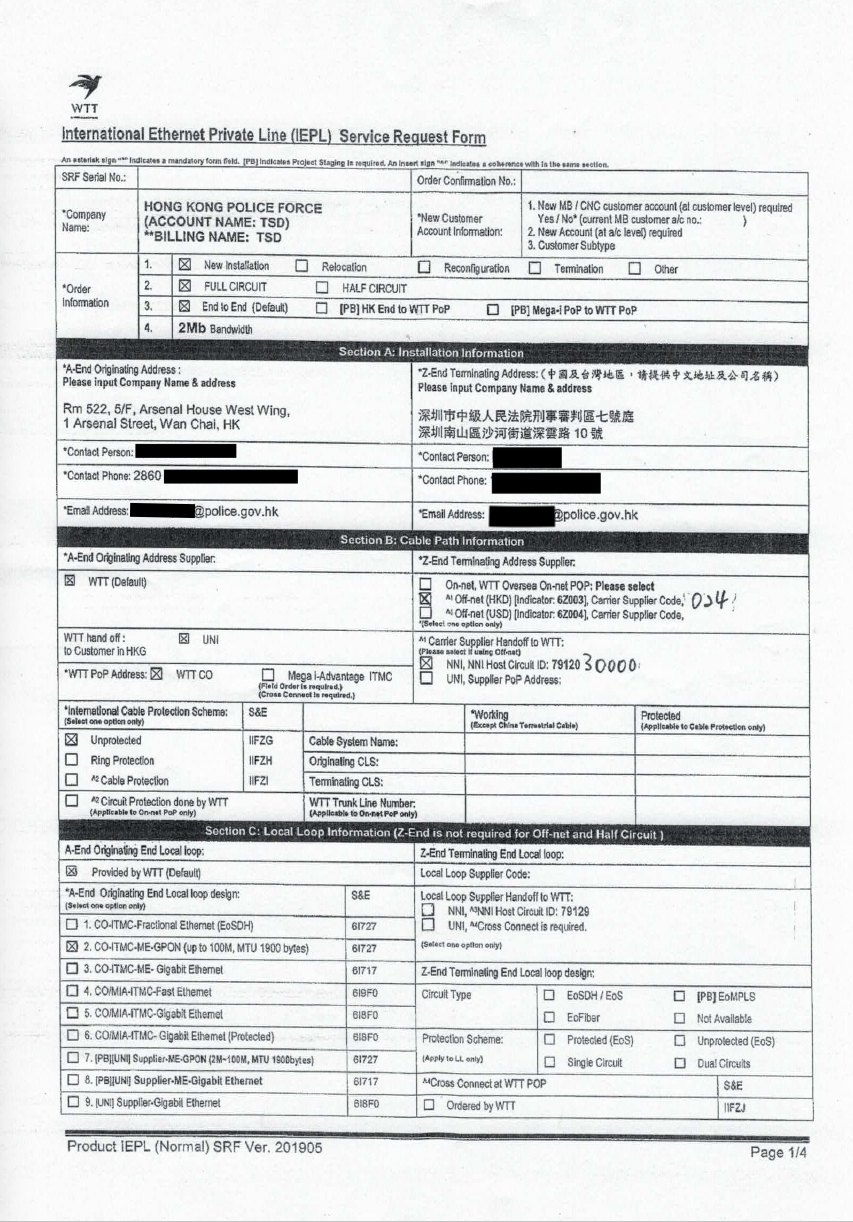
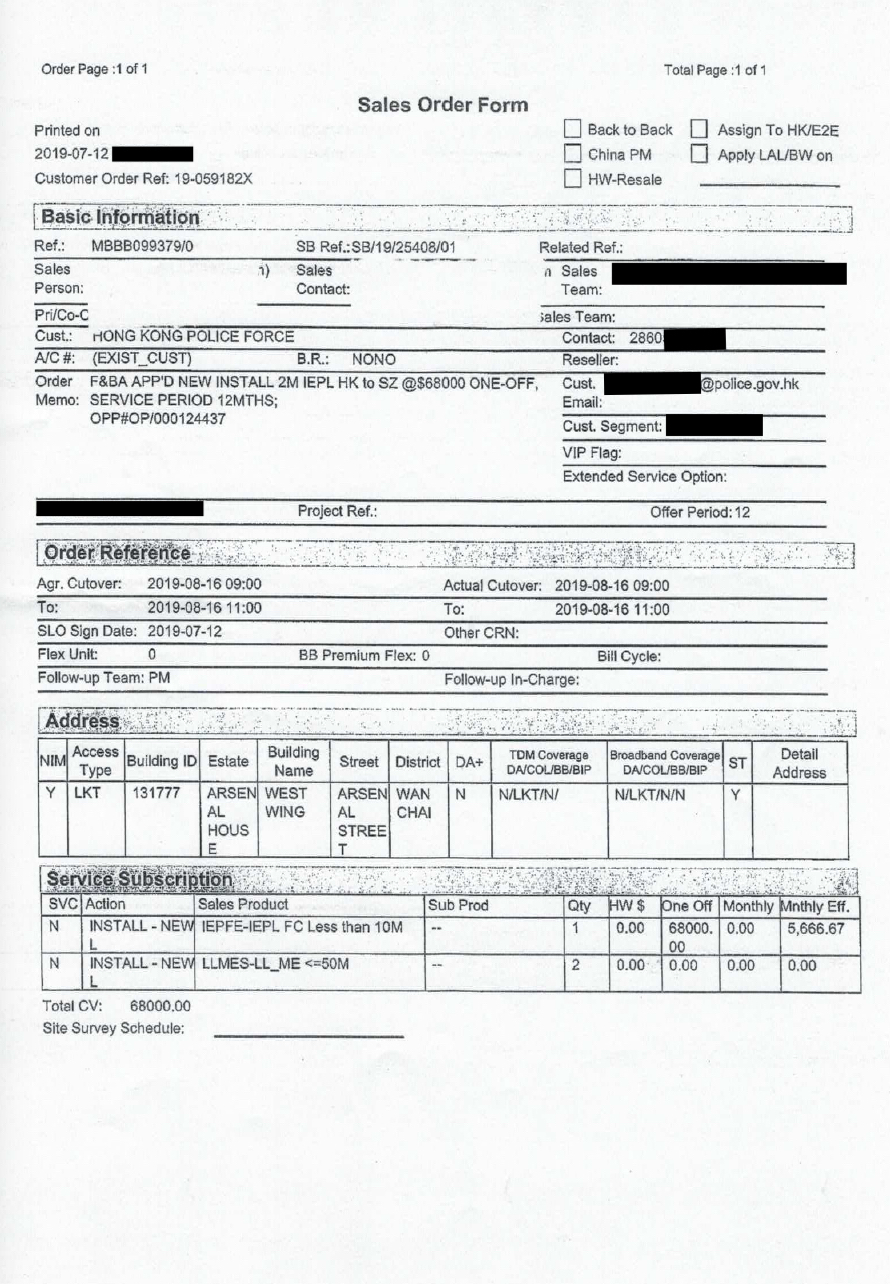
The mailing address of the private line, which was stated as Fairmont House on Cotton Tree Drive in Central, appears to be an ICAC office, however, documents show. According to the Government Logistics Department auction list in 2019, the address is an office of ICAC Operations Department, listing “Mr. Fung” as the contact person.
With the same contact number listed, “Mr. Fung” appears to be the same contact person for the Hong Kong Police on the 2018 auction list. The listed police department code contains the letters “TSD.”
ICAC stated that their department has never set up any international ethernet private lines or any similar installations with the mainland. It confirmed with FactWire that the address at Fairmont House is an ICAC office, and the division works to provide technical support to their operations department on conducting investigations.
Hong Kong Police’s technical services division consisted of 133 members led by a chief superintendent, a senior superintendent and five superintendents, said Andy Tsang Wai-hung, then-commissioner of the Hong Kong Police Force, in response to a legislator at a Legislative Council financial committee meeting in 2012.
The 2012-2013 annual budget was around $52 million, Tsang said.
The ICAC Technical Services Division consisted of 60 officials, including three senior officers, according to the then-commissioner of the ICAC Timothy Tong Hin-ming.
The department’s expenditure between 2011 to 2012 amounted to around $38 million.
The Hong Kong Police Force had been approved a funding of $8 million for the technical services division’s Capital Works Reserve Fund between 2016 and 2017. Works include replacement of the radio communication system and CCTV intelligence system.
The technical services division is mainly in charge of gathering information for the Hong Kong police and ICAC via covert listening devices and hidden cameras, legislator To said. Some members would refrain from revealing their involvement with the division, and the evidence or intelligence collected by the division is only for internal use.
John Lee Ka-chiu, Secretary for Security, had worked as the division’s chief superintendent, according to a police journal in 2000.
The Hong Kong Police said the private line is to support cross-border video conference services for a case of conspiracy to traffic in dangerous drugs at West Kowloon Magistrates’ Courts on October 17, which was in accordance with the Evidence Ordinance in connecting to a mainland court for a criminal based in China to give evidence.
The wiring of the private line through the police headquarters is to make sure technical support is within reach, the police stated. Since the video conference is encrypted, the police could not access information from both courts via the private line. The response added that the private line will be removed after the closing of the case.
However, there are currently three courts equipped with video conferencing facilities in West Kowloon Magistrates’ Court, a relatively new court that has been in use since 2016, according to a police press release in 2017.
An information technology staff from Judiciary told FactWire that no extra lines or video links are needed for the video conferencing facilities in court to function.
The technology court can connect and transmit videos with embedded encryption from three remote sites to the court with a “direct video link”, a technology court operation manual states.
The other site “should dial in to the technology court” unless there are difficulties of transmission, and prior settlement has been reached on the billing of ISDN, a specific form of connection usage. If so, a “gateway booking” with an external service provider will be required, costing more, the manual states.
Lento Yip Yuk-fai, chairman of the Hong Kong Internet Service Providers Association, said he does not understand why the law enforcement department has to be a “middle point” for technical support when video conference setups are standard and require simple equipment. He said the police has yet to explain the technical needs behind this arrangement, the type of encryption currently used as well as how to make sure it would be foolproof.
It makes the public worry and wonder whether information could be sent from the police to the mainland court if the court in Hong Kong chooses not to use the existing video links provided by the technology court, and instead, use a private line connected with the police, To said. The police should explain to the public whether there is a problem with the video links provided by the technology court, he added.
To said the existing cables in the courts of Hong Kong should be put into use to connect the mainland court directly with the Hong Kong courts. If the police fails to explain the reason why the cable has to go through the police headquarters, it may raise concerns on whether the police might interfere or even stop the witness from giving evidence should it sound unfavourable to the police. To added that the Department of Justice should review the arrangement.
The Hong Kong police’s liaison bureau coordinates police-related inquiries from overseas law enforcement units and local consulates, according to the 2018 Hong Kong Fact Sheets. It also maintains close liaison with the mainland public security authorities, including the police liaison bureau of the central government’s liaison office in Hong Kong.
The police did not address whether they had set up similar private lines with the mainland, as well as the respective departments located at Fairmont House and room 522 of the police headquarters.
The Department of Justice merely confirmed that the case requires the arrangement for victims to give evidence by video conferencing, dodging questions on whether the responsibility for the arrangement lies within the department or the police.
The Security Bureau replied that other law enforcement departments have not set up similar private lines with the mainland, but did not provide more details of the private line.

